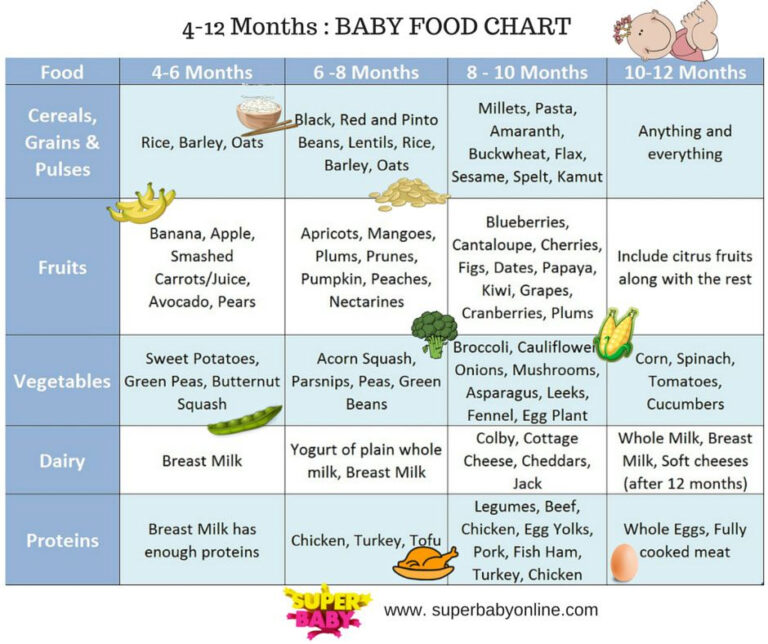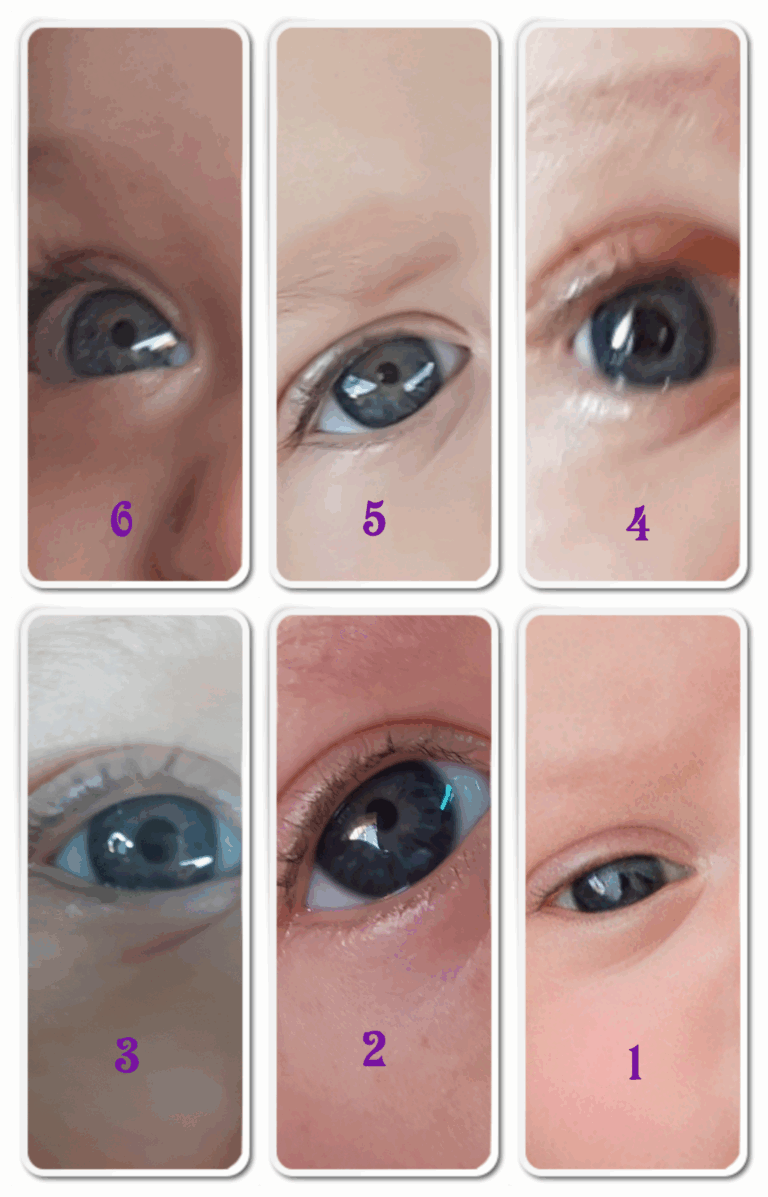Do Pregnancy Tests Expire? What You Need to Know
Pregnancy tests are an essential tool for women who are trying to conceive or prevent pregnancy. But do pregnancy tests expire? The answer is yes, and it’s important to be aware of the expiration dates on pregnancy tests to ensure accurate results.
Pregnancy tests work by detecting the presence of human chorionic gonadotropin (hCG) in urine or blood. hCG is a hormone that is produced by the placenta after implantation. The amount of hCG in urine or blood increases as the pregnancy progresses. Pregnancy tests are designed to detect even small amounts of hCG, which is why they can be used to detect pregnancy early on.
Pregnancy Test Expiration Dates
Pregnancy tests have expiration dates for a reason. Using an expired pregnancy test can give you inaccurate results, which can be frustrating and even dangerous.
Expiration dates are determined by the manufacturer based on the stability of the test’s reagents. Reagents are the chemicals in the test that react with the hormone hCG, which is produced by the body during pregnancy. Over time, these reagents can degrade, which can make the test less sensitive or even ineffective.
Potential Consequences of Using Expired Pregnancy Tests
- False negatives: An expired pregnancy test may not be able to detect hCG in your urine, even if you are pregnant. This can lead to a false negative result, which can be very disappointing.
- False positives: In rare cases, an expired pregnancy test may give you a false positive result, even if you are not pregnant. This can be due to the degradation of the reagents in the test.
- Incorrect results: An expired pregnancy test may not give you an accurate result at all. This can be frustrating and can make it difficult to make decisions about your health.
It is important to check the expiration date on your pregnancy test before using it. If the test is expired, it is best to discard it and purchase a new one.
Factors Affecting Pregnancy Test Accuracy
Pregnancy tests rely on detecting the presence of human chorionic gonadotropin (hCG) in urine or blood. Several factors can influence the accuracy of these tests, including storage conditions, temperature, humidity, light, and air exposure.
Storage Conditions
Pregnancy tests should be stored in a cool, dry place, away from direct sunlight. Extreme temperatures or humidity can affect the test’s chemical components, potentially compromising accuracy.
Temperature and Humidity
Ideal storage temperatures for pregnancy tests range from 2 to 30 degrees Celsius. Temperatures outside this range can cause the test to deteriorate or produce false results.
Similarly, humidity levels should be kept low to prevent moisture from damaging the test components. Store pregnancy tests in a sealed container or bag to minimize exposure to moisture.
Light and Air Exposure
Light and air can also affect the accuracy of pregnancy tests. Prolonged exposure to light can break down the test’s chemical components, while air exposure can cause evaporation of the test reagents.
To ensure accurate results, store pregnancy tests in a dark, well-sealed environment until ready for use.
Types of Pregnancy Tests and Expiration
Pregnancy tests come in different types, each with its own expiration date. Understanding these variations can help ensure accurate results.
Urine Pregnancy Tests
Urine pregnancy tests are the most common type. They detect the presence of human chorionic gonadotropin (hCG) in urine. These tests have expiration dates ranging from 6 to 24 months, depending on the brand and storage conditions.
Blood Pregnancy Tests
Blood pregnancy tests are more sensitive than urine tests and can detect hCG levels earlier. They are typically used in clinical settings or when a urine test is inconclusive. Blood pregnancy tests have expiration dates of 12 to 18 months.
Format Influence on Shelf Life
The format of the pregnancy test can also influence its shelf life. Strip tests, which are dipped into urine, have a shorter shelf life (6-12 months) compared to cassette tests, which are enclosed in a plastic casing (12-24 months). This is because the strip tests are more exposed to moisture and air, which can degrade the test reagents.
Consequences of Using Expired Pregnancy Tests

Innit, using expired pregnancy tests can be a right mare. They can give you duff results, which can lead to all sorts of aggro.
False Positive Results
Expired pregnancy tests can sometimes give you a false positive result, which means they say you’re pregnant when you’re not. This can be a massive bummer, especially if you’ve been trying to conceive and you get your hopes up.
False Negative Results
Even worse, expired pregnancy tests can also give you a false negative result, which means they say you’re not pregnant when you actually are. This can be really dangerous, because it could delay you from getting the medical care you need.
Importance of Accurate Results
Accurate pregnancy test results are crucial for making important medical decisions. If you’re trying to conceive, a false negative result could lead to you delaying treatment. If you’re not trying to conceive, a false positive result could lead to unnecessary stress and anxiety.
Tips for Storing and Using Pregnancy Tests
Init, bruv, it’s crucial to keep your pregnancy tests in a safe place. You wanna make sure they’re not exposed to extreme heat or cold, or they might not work properly. Also, don’t leave ’em in the bathroom, ’cause the humidity can mess with ’em. Store ’em in a cool, dry place like a cupboard or drawer instead.
When it comes to using the test, follow the instructions on the box to the letter. Don’t try to be a smartarse and do it your own way, ’cause that could lead to a false result. Pee on the stick for the right amount of time, and then wait the recommended time before checking the result. If you’re not sure about something, don’t be afraid to give the manufacturer a bell or check their website.
Interpreting Pregnancy Test Results
Reading the results is usually pretty straightforward. If you see two lines, you’re likely pregnant. If you see one line, you’re probably not. But if you’re not sure, it’s always best to take another test or see a doctor to confirm.
Seeking Medical Advice
If you get a positive result, it’s important to see a doctor to confirm the pregnancy and discuss your options. They can also give you advice on prenatal care and what to expect in the coming months.
FAQ Section
How long do pregnancy tests last?
The shelf life of a pregnancy test varies depending on the type of test and the manufacturer. Most pregnancy tests have a shelf life of 12 to 24 months.
What happens if I use an expired pregnancy test?
Using an expired pregnancy test can lead to inaccurate results. The test may not be able to detect hCG accurately, which could lead to a false negative result. A false negative result could lead to a delay in seeking prenatal care, which could have negative consequences for the pregnancy.
How can I store pregnancy tests to ensure accuracy?
Pregnancy tests should be stored in a cool, dry place away from direct sunlight. Do not freeze pregnancy tests.
What should I do if I get a positive pregnancy test result?
If you get a positive pregnancy test result, it is important to see your doctor to confirm the pregnancy and discuss your options.





